McDonald’s CEO, Chris Kempczinski, acknowledged a decline in the company’s sales, attributing it to elevated menu prices that have deterred core customers.
The recent quarter’s global same-store sales saw a growth of only 3.4%, falling short of the anticipated 4.7%. Kempczinski identified the target for improvement as “affordability,” particularly among low-income customers earning less than $45,000 annually.
Impact of Inflation on McDonald’s Consumers
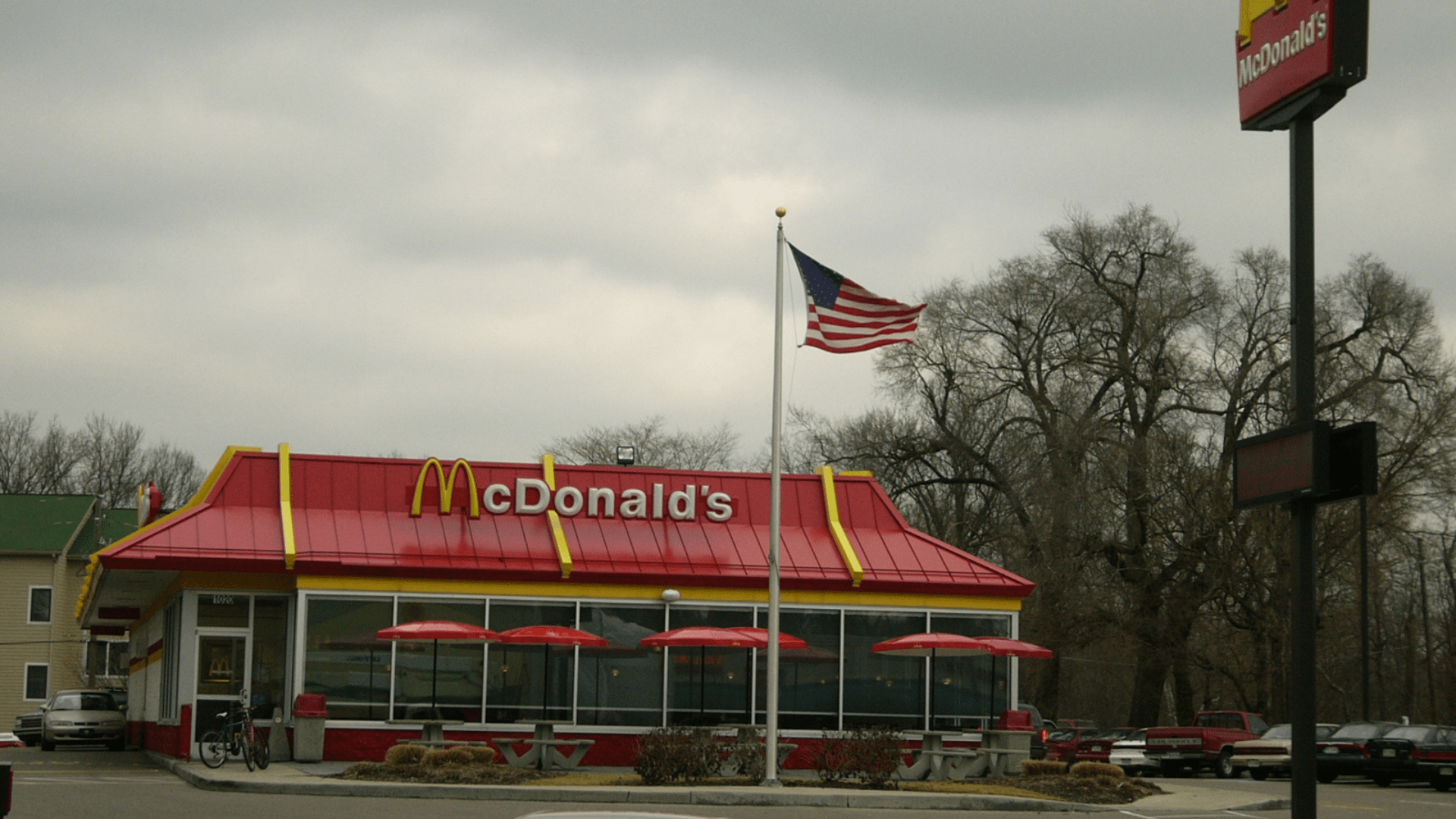
The impact of inflation has prompted these lower-income consumers to opt for more home-cooked meals due to the perceived affordability.
In response to this trend, McDonald’s plans to focus on catering to the needs of the low-income demographic.
McDonald’s Strategy for Affordability

Despite this commitment to affordability, customers should anticipate further price increases, albeit at a slower pace of 2% to 3% compared to the previous year’s 10%.
Restaurant analyst Mark Kalinowski suggests that McDonald’s strategy for affordability might manifest through targeted deals offered on its mobile app.
McDonald’s Stores Face Criticism for Excessive Prices
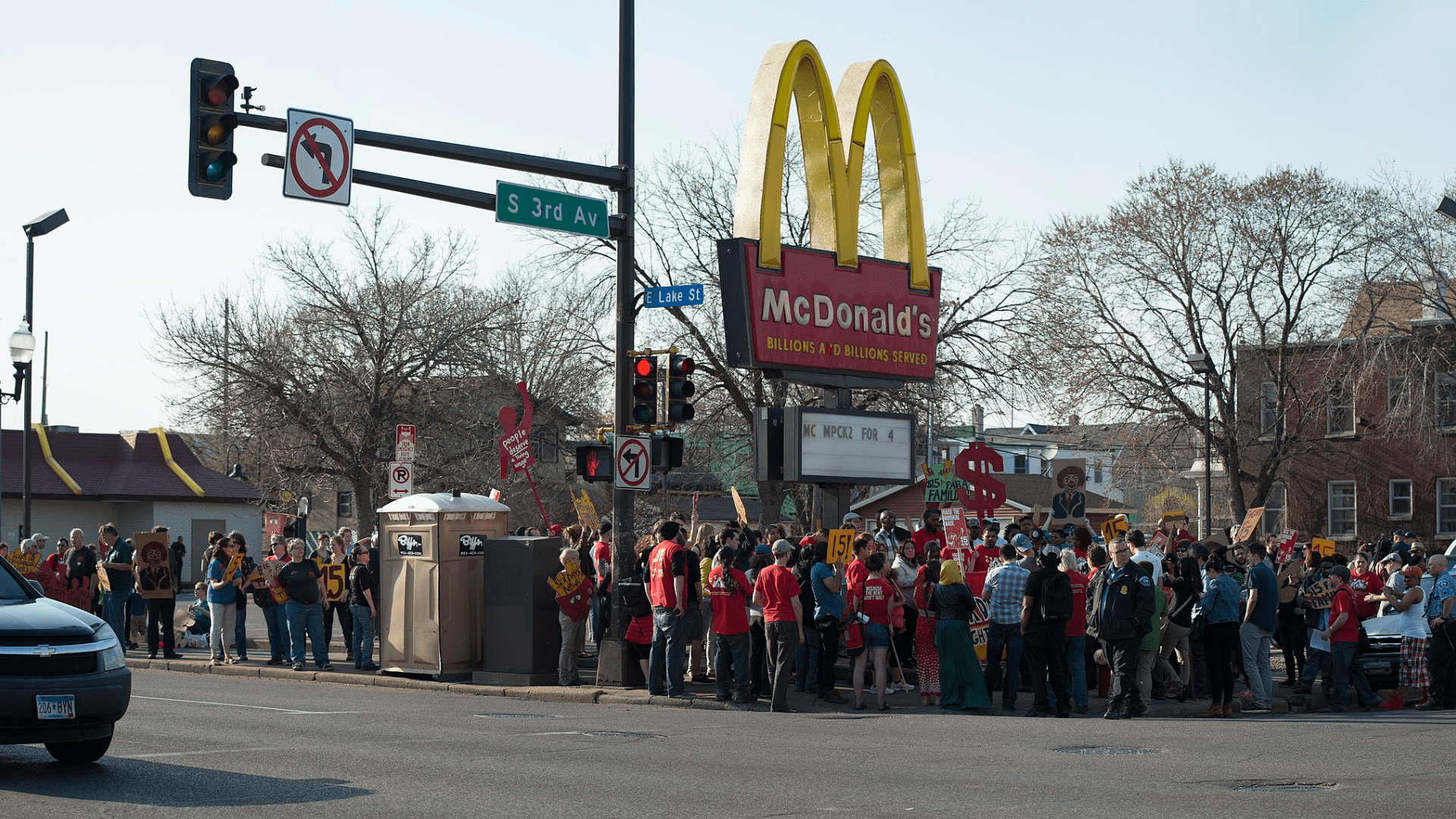
The expectation of additional price hikes follows recent instances of McDonald’s outlets facing criticism for exorbitant pricing.
A Connecticut branch faced backlash for charging $7.29 for an Egg McMuffin and nearly $5.69 for a side of hash browns. Another franchisee in Darien, Conn., drew attention for pricing a Big Mac combo meal at $17.59 and a Quarter Pounder with Cheese and Bacon meal at $19. These instances contribute to the overall dissatisfaction among customers, prompting concerns about the chain’s pricing policies.
Comparison Between Connecticut McDonald’s and Times Square
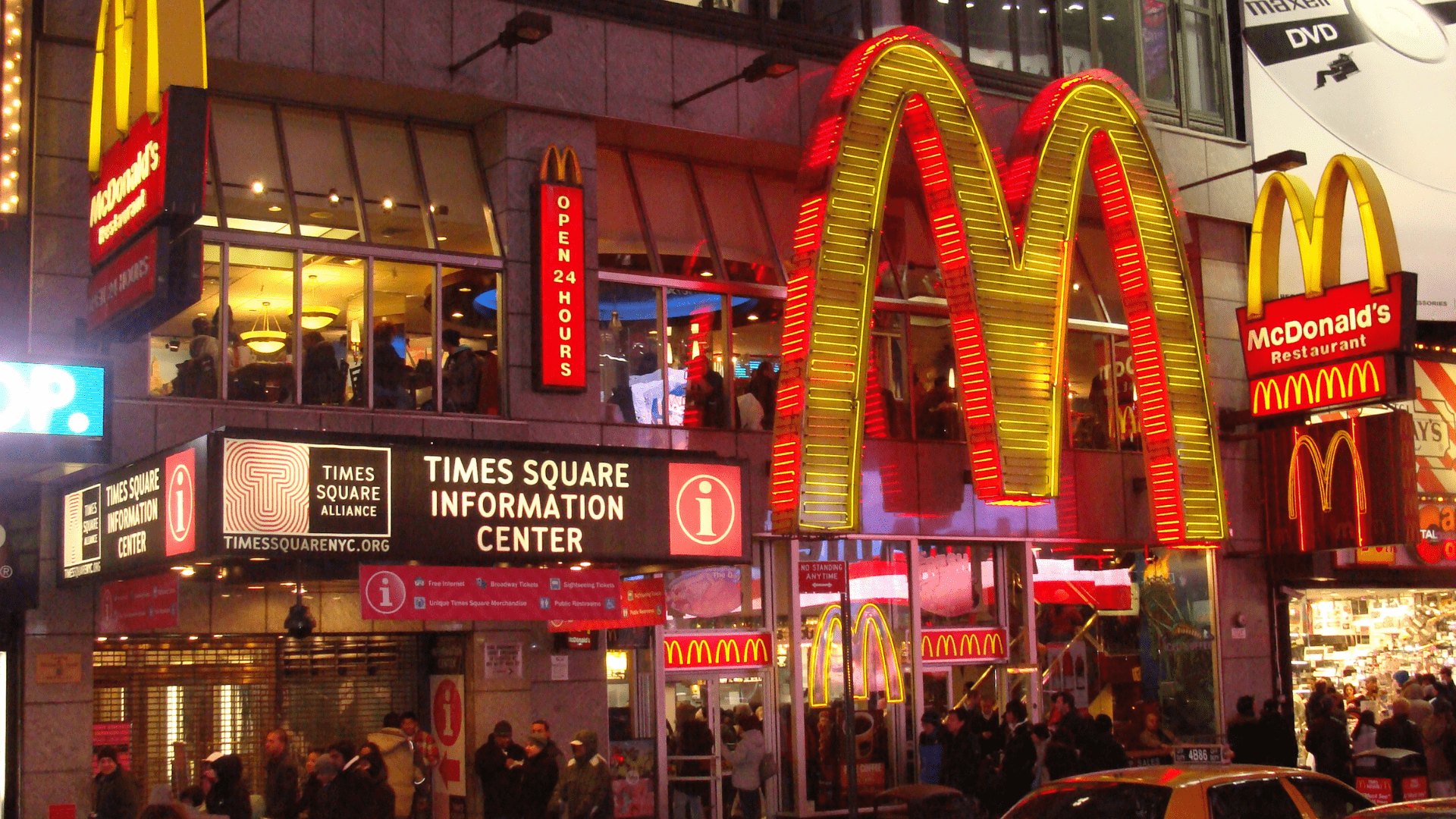
The receipt revealed that the customer spent a staggering $14.58 on two Egg McMuffins at a McDonald’s in Fairfield, Conn., situated at a rest stop off Interstate 95. Bespoke Investment Group highlighted the historical pricing of 2 for $2, a promotional offer discontinued by the fast-food chain in 2016.
In a subsequent post, Bespoke noted the astonishing price of a single side of hash browns at $5.69, emphasizing the significant disparity in costs compared to McDonald’s outlets in New York City’s Times Square, where hash browns are priced at $3.99, and an Egg McMuffin costs $5.49.
$1 $2 $3 Menu Versus an $18 Egg McMuffin Meal in Connecticut
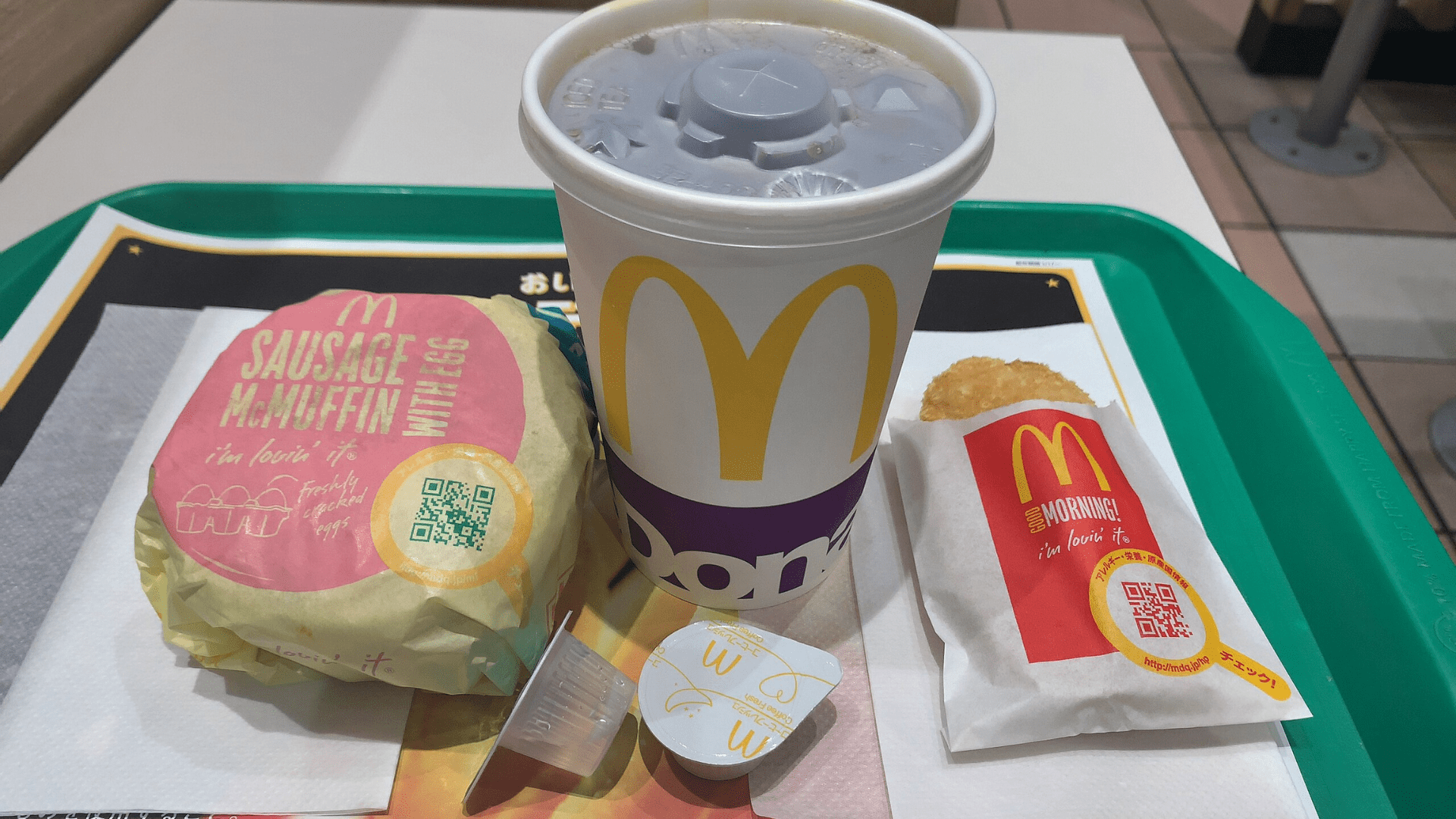
McDonald’s introduced the $1 $2 $3 Dollar Menu in January 2018, featuring items like a sausage biscuit, sausage McMuffin, and McChicken sandwich.
The criticized Connecticut location advertises an Egg McMuffin meal, inclusive of a small coffee and hash browns, at a staggering $17.63 on its Uber Eats page. Additional upgrades, such as a larger-sized coffee, bacon strips, and a “round egg” (a fresh-cracked egg), incur extra charges of up to $3.
McDonald’s Growth Projections

In terms of US growth, McDonald’s projects a moderation to 3-4% compared to the previous quarter’s 4.3%.
The primary driver of recent growth in the US was attributed to increased menu prices. Despite challenges in the Middle East due to regional conflicts, McDonald’s witnessed positive growth in all other global regions, signaling the resilience of the brand in various markets.
How the Middle East Conflict Has Impacted McDonald’s

The Middle East conflict has had a substantial impact on McDonald’s international sales, especially as 10% of the chain’s overseas restaurants are situated in the region, accounting for 12% of international sales.
The CEO, Kempczinski, pointed out that the negative sentiment towards the brand in the Middle East is fueled by misinformation regarding McDonald’s stance on the Israel-Hamas war. The company, along with other businesses like Starbucks, has faced consequences from protests and boycotts due to perceived affiliations with political stances.
International Sales May Not Improve Until Conflict Ends

The CFO, Ian Borden, emphasized that meaningful improvement in international sales may not occur until there is a resolution in the Middle East.
The ongoing conflict has created a challenging environment for McDonald’s franchises in the region, contributing to a significant business impact.
Minimum Wage Increases Effect Fast-Food Prices
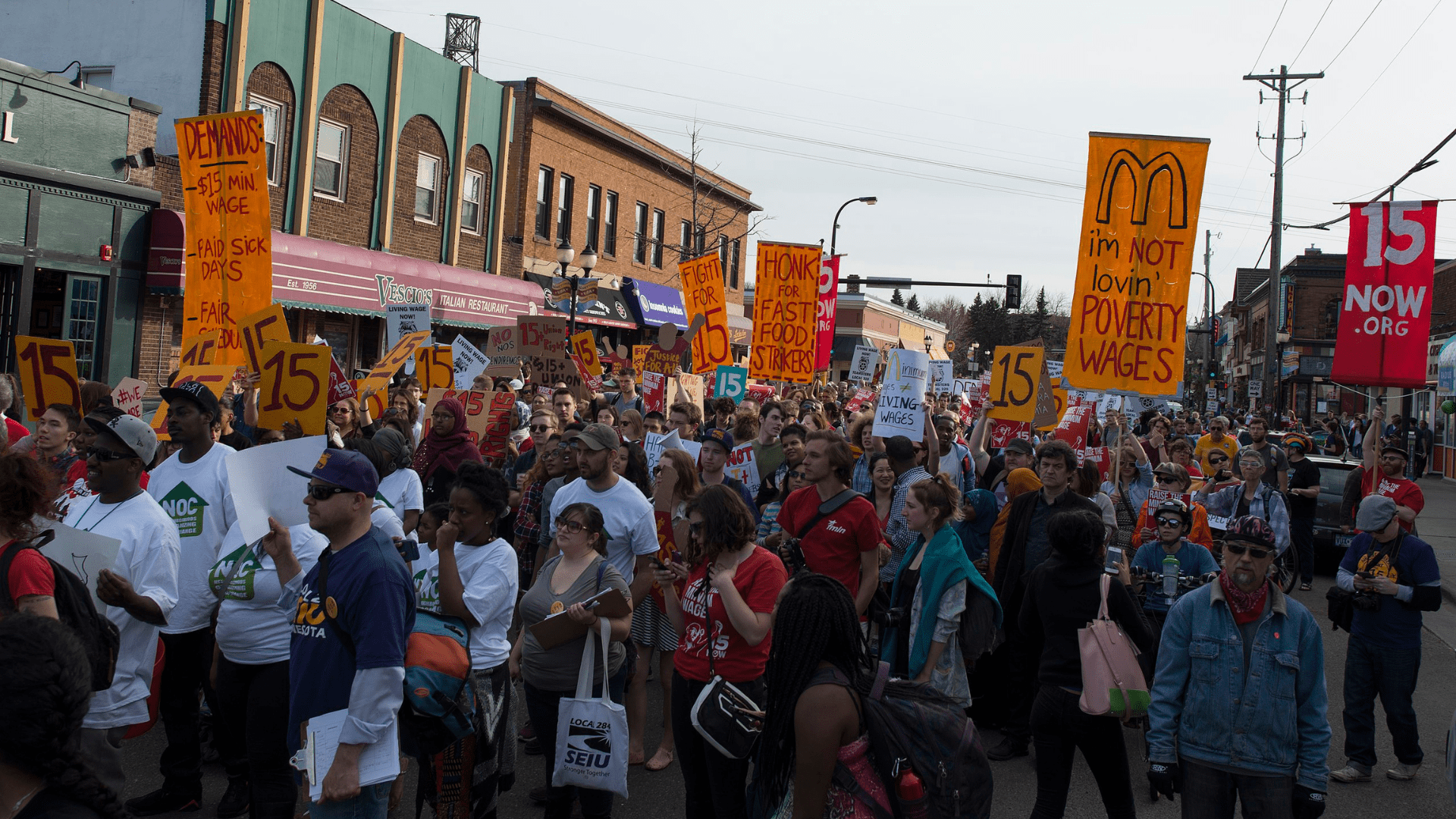
Looking ahead, the prospect of rising fast-food prices looms larger, driven by impending minimum wage hikes across the country.
California’s $20-an-hour minimum wage for fast-food workers has prompted McDonald’s and Chipotle to announce price increases at their Golden State locations starting this year. The broader implementation of minimum wage hikes across the nation could further escalate fast-food prices, posing additional challenges for industry players.
California Fast-Food Workers Secure Legislative Victory

AB 1228 is set to take effect in April.
The Guardian reports that this legislation represents a culmination of efforts by fast-food workers who have conducted over 450 strikes since 2020, driven by demands for better wages and working conditions amidst the challenges of the Covid-19 pandemic.
Background of the Workers’ Struggle
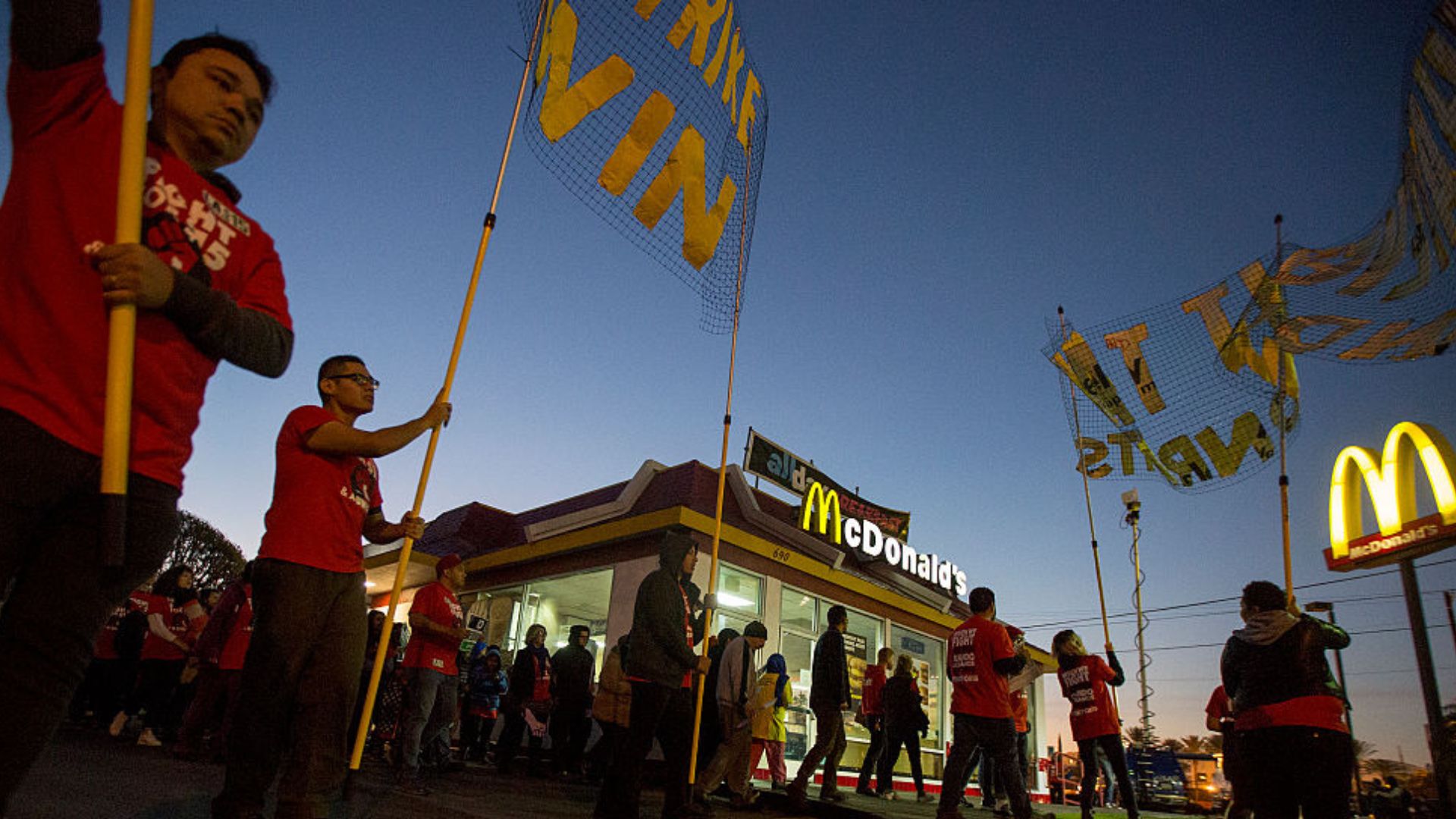
The backdrop to this legislative victory is marked by a period of intense labor unrest among fast-food workers in California.
The Fight for $15 labor group reports that these workers held over 450 strikes since 2020, motivated by ongoing work during the Covid-19 pandemic under conditions of low wages, alongside widespread reports of wage theft, denied meal breaks, and workplace harassment.
Introduction of the Fast-Food Industry Council

The newly passed legislation will establish a fast-food industry council, which will include worker representatives, state regulators, and franchisees.
This council is tasked with overseeing fast-food chains that operate more than 60 locations nationwide, ensuring they adhere to standards approved by council votes, which are then submitted to the California Labor Commission for the rule-making process.
Raising the Minimum Wage

A pivotal component of the legislation is the increase of the minimum wage for fast-food workers in California to $20 an hour, effective April 1, 2024, The Guardian notes.
This represents a significant rise from the current median wages, which vary from $16 to $18 an hour across different municipalities. The council will also have the authority to set annual wage increases beginning in 2025.
Personal Impact on Workers
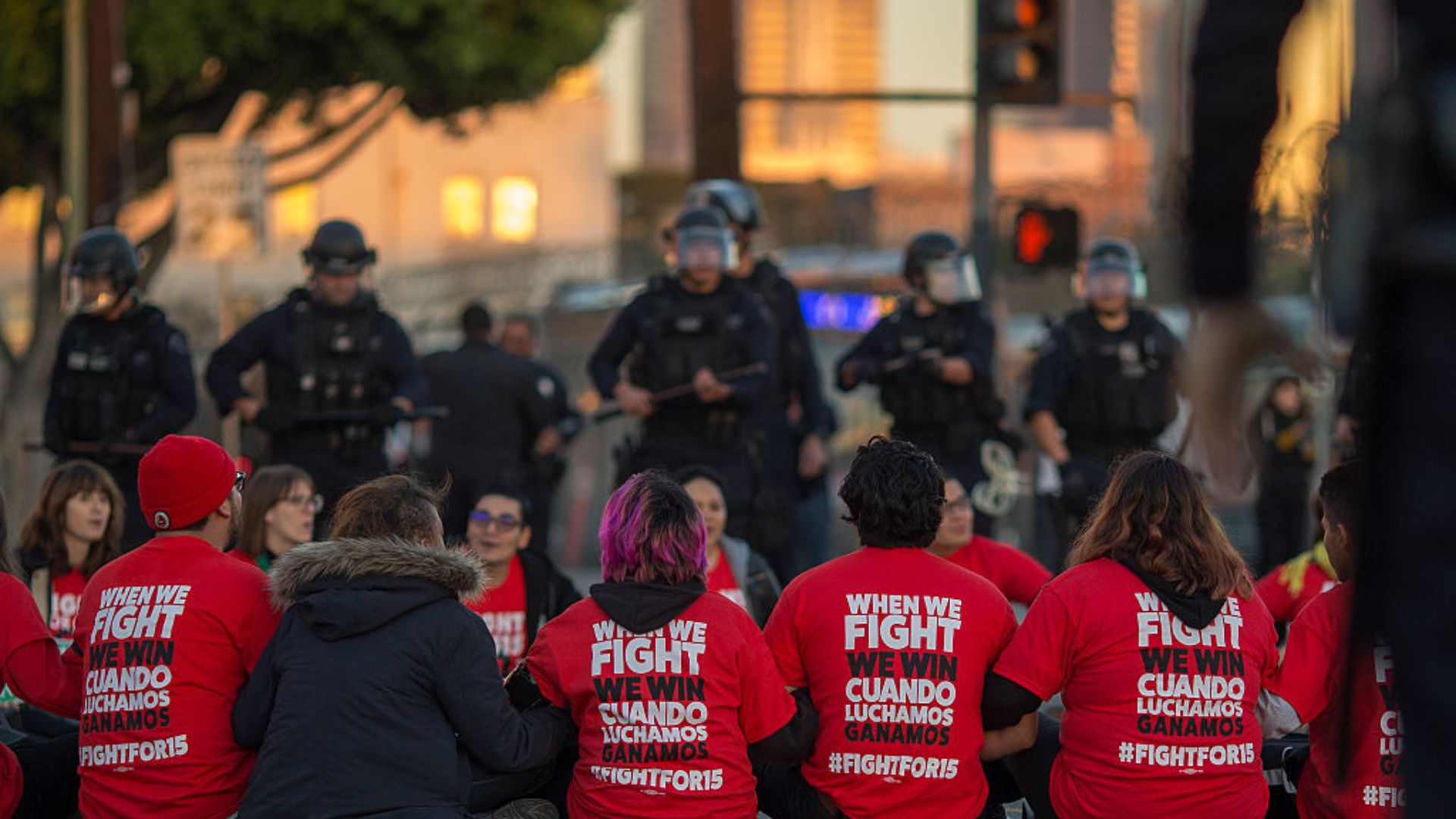
Sergio Valderrama, a McDonald’s worker in San Diego with 12 years of service, shares his personal struggles within the industry, including experiencing cuts and verbal abuse from managers.
Valderrama, who earns $16.50 an hour, highlights the significance of the wage increase, stating, “It’s going to mean a lot for us. For me, I work two jobs, but with this new increase to the minimum wage, it’s going to help me a lot, it’s at least some sort of relief.”
Workers’ Representation and Advocacy
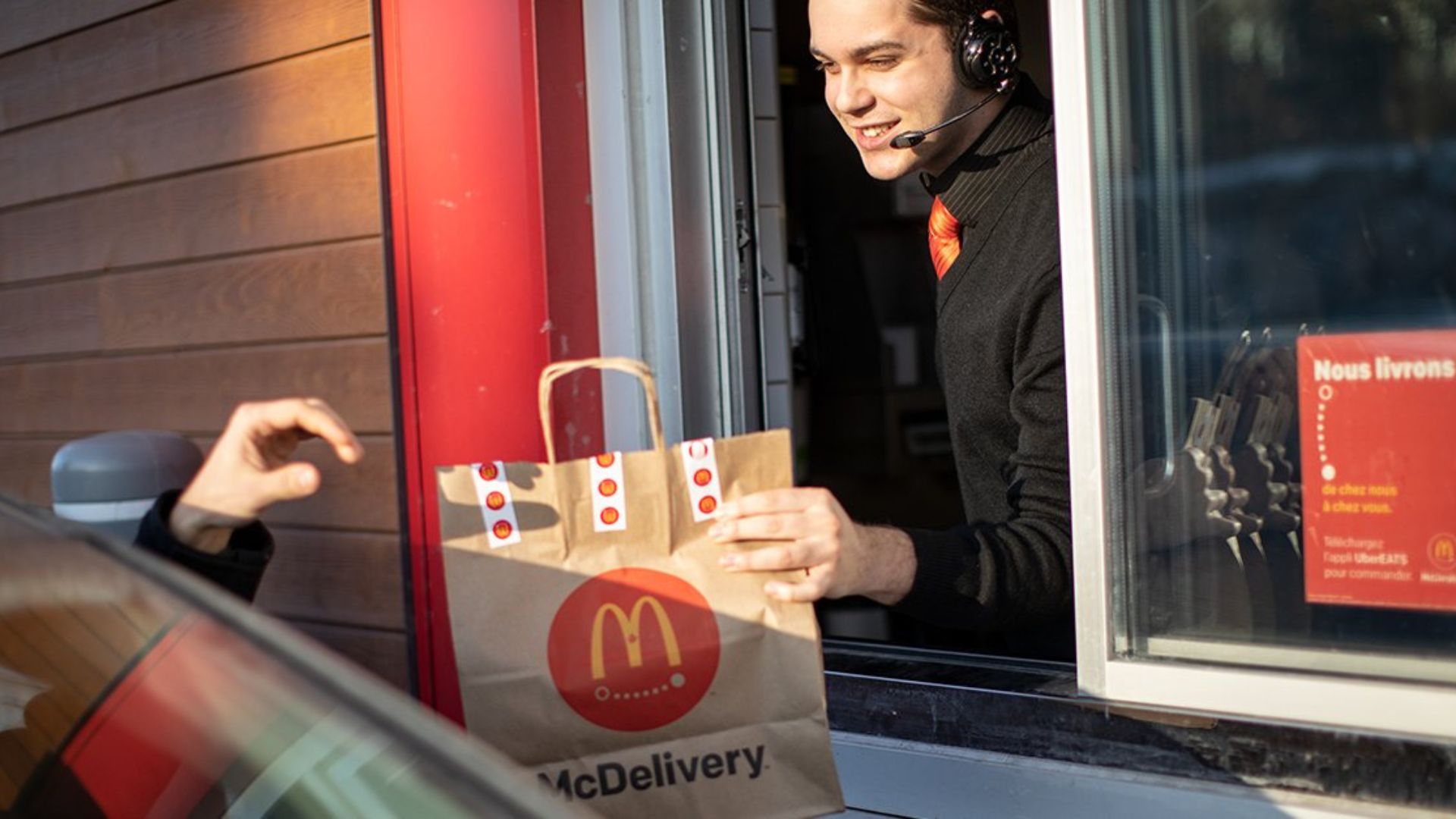
The legislation not only promises financial relief but also offers fast-food workers like Valderrama an opportunity for greater advocacy and representation.
Valderrama emphasized the importance of having “a seat at the table where we can talk about things that happen at work that need to change, like management abuse,” illustrating the broader impact of the bill beyond wage increases.
Nationwide Implications for Labor Movements

The Guardian reports that the success of California’s fast-food workers in achieving legislative change is inspiring similar movements across the United States.
Workers in various sectors are now pushing for the creation of sectoral standard councils at state and municipal levels, aiming to address wages and working conditions, mirroring efforts seen in industries such as nursing homes in Minnesota and farm workers in New York.
Expanding Minimum Wage Increases to Healthcare Workers

Another legislative effort in California seeks to raise the minimum wage for healthcare workers to $23 an hour starting June 1, 2024, as per information from The Guardian.
This proposed increase reflects a broader trend of recognizing and addressing the needs of workers in essential service sectors, further indicating the ripple effect of the fast-food workers’ legislative victory.
Broader Impact on Working Conditions
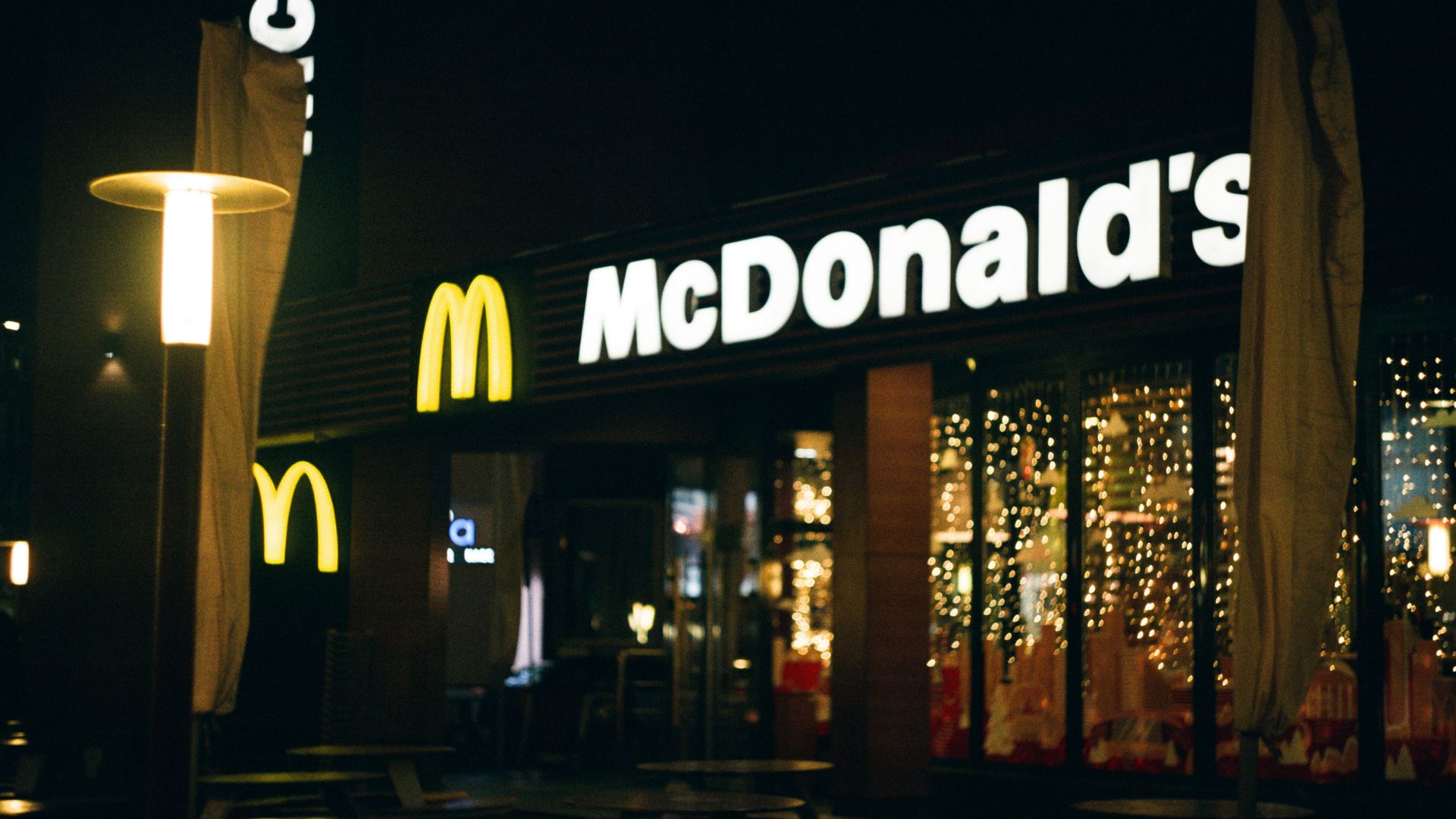
Mary Kay Henry, president of the Service Employees International Union, views the establishment of the fast-food sector council as a victory for all working people, suggesting that the standards achieved by fast-food workers could set a precedent for improved working conditions across various industries.
“This is a victory for all working people,” Henry states, highlighting the potential for widespread impact.
Industry Response to Workers’ Determination
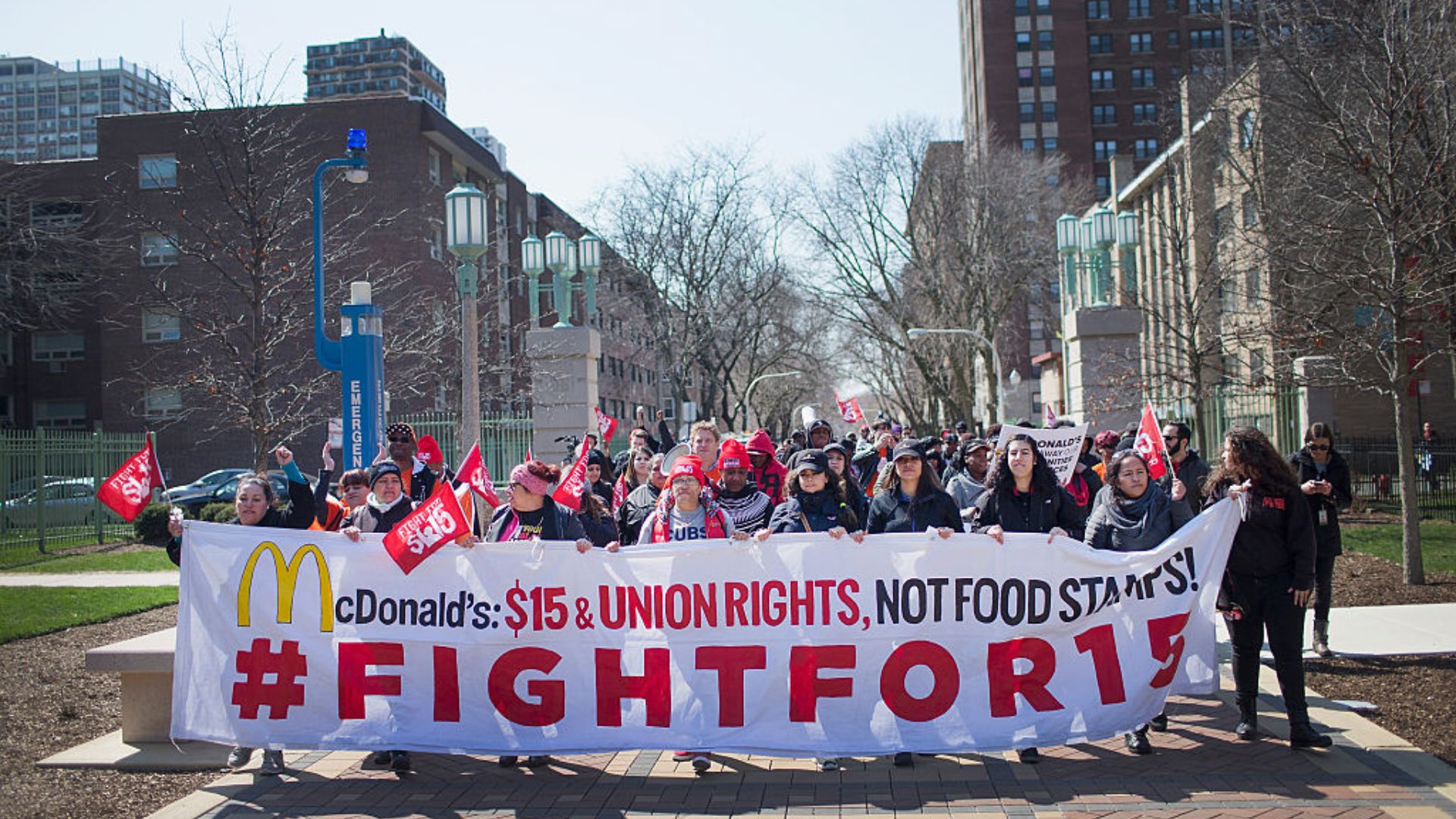
The fast-food industry’s reaction to the workers’ determination and collective action has led to significant changes, including the withdrawal of a controversial ballot initiative.
Henry remarks on this achievement, saying, “The workers’ determination got the industry to rethink whether they were going to pursue that ballot initiative and agree to take it off the ballot,” showcasing the power of organized labor efforts.
Significance of the Legislative Victory
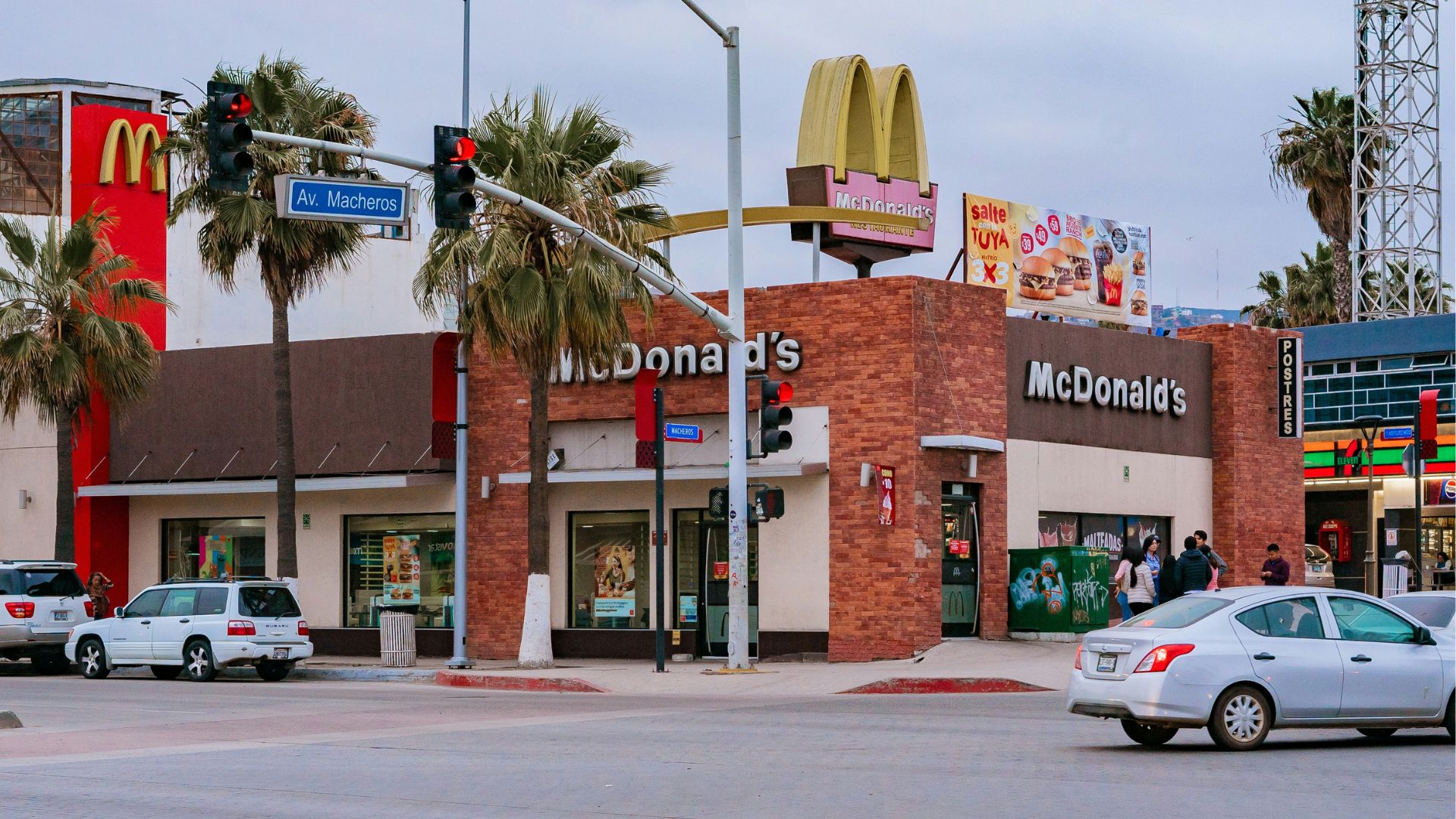
The enactment of AB 1228 marks a critical milestone in the labor rights movement in California, symbolizing a shift towards recognizing and addressing the needs of fast-food workers.
This legislation not only promises higher wages but also aims to improve working conditions and provide workers with a platform for representation and advocacy.
The Impact of Legislative Change
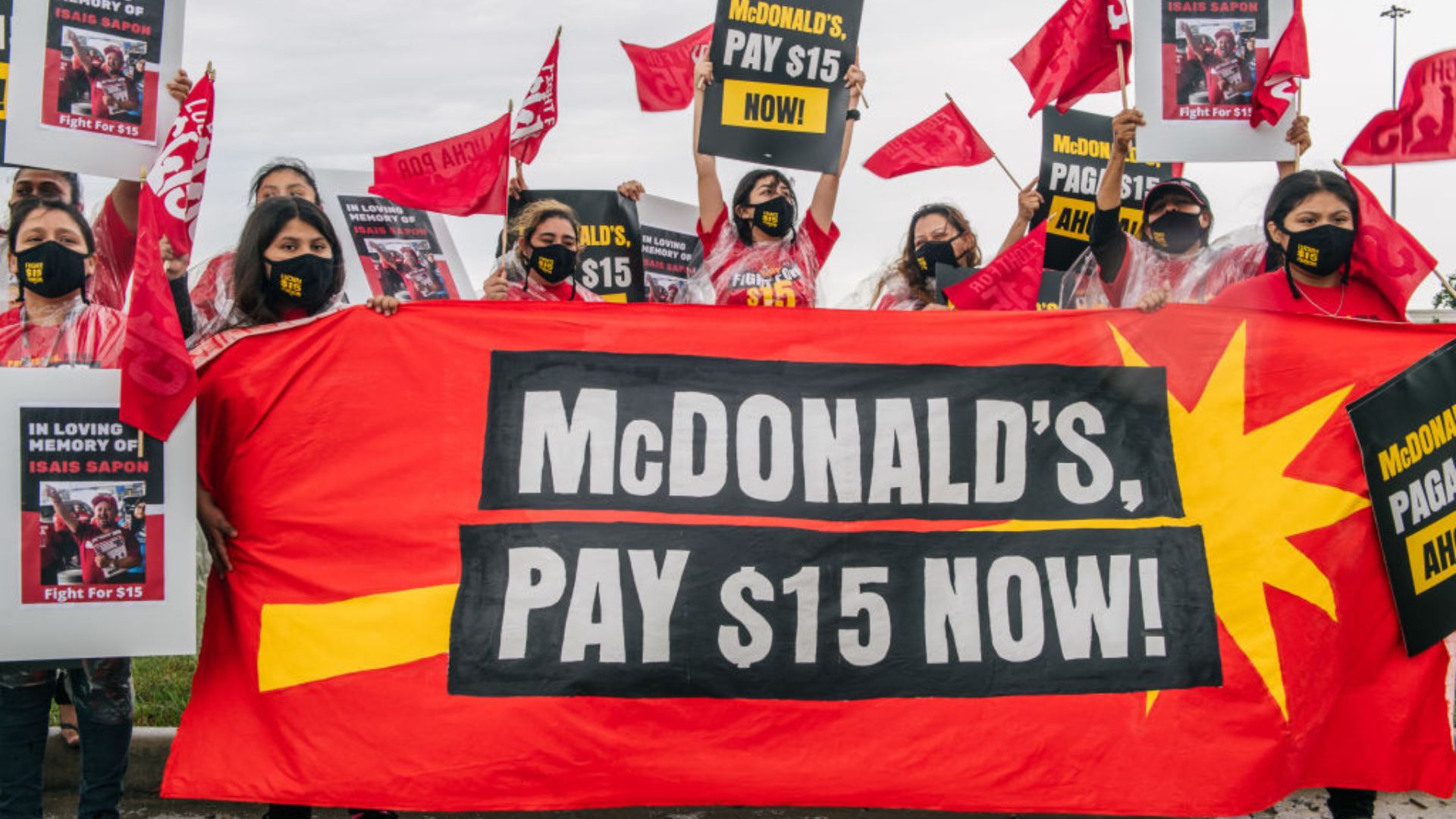
The successful passage of AB 1228 in California gives hope to labor movements nationwide, demonstrating the potential for legislative action to bring about meaningful change in the lives of workers.
As this legislation sets new standards for worker rights and compensation, it’s important to note the impact of these changes on the price and affordability of McDonald’s food for its ordinary customers.
Expert Estimates Price Increases for California McDonald’s Stores

Professor Orley Ashenfelter, who studied minimum wage impacts at McDonald’s and shared findings in 2021, notes a historical trend – a 10% wage increase typically results in a 2% price increase. This pattern has persisted for decades, with approximately 20% of minimum wage hikes being reflected in consumer prices.
While McDonald’s and Chipotle have announced impending price hikes in California, they have not disclosed specific figures. For instance, if a worker’s wage increases from $15.50 to $20, nearly a 30% rise, Professor Ashenfelter estimates a 6% increase in prices, turning a $7 Big Mac into $7.42.
How Will McDonald’s Solve Its Affordability Crisis?

McDonald’s CEO’s acknowledgment of the impact of heightened menu prices on sales, coupled with a commitment to addressing affordability, underscores the company’s recognition of evolving consumer preferences.
The challenges posed by regional conflicts, misinformation, and impending minimum wage hikes further contribute to the complex landscape that McDonald’s navigates in its efforts to sustain and enhance its global presence. The path forward involves not only addressing pricing concerns but also navigating geopolitical challenges and adapting to the evolving economic landscape.
